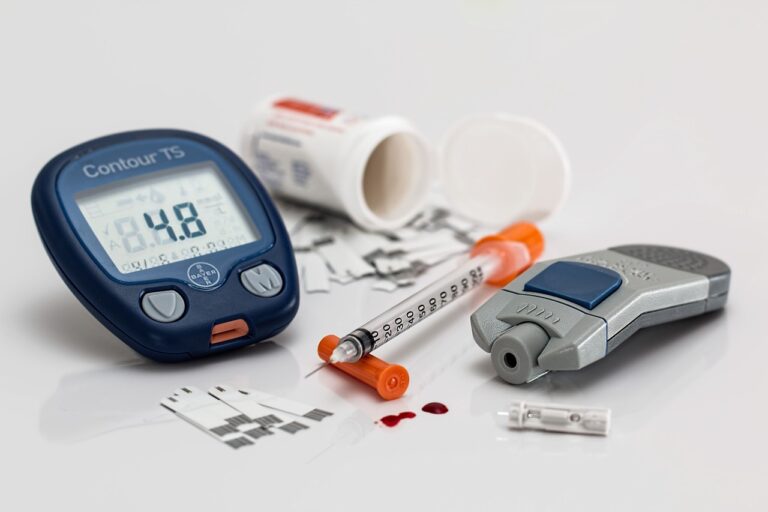Mental Health and Technology: Using Apps for Mental Wellness
tigerexch, golden77.com, sky 99 exch:Mental Health and Technology: Using Apps for Mental Wellness
In today’s fast-paced world, taking care of our mental health has become more important than ever. With the rise of technology, there are now countless apps available that can help us track our mental wellness, practice mindfulness, and even connect with mental health professionals. In this article, we’ll explore the benefits of using apps for mental wellness and highlight some of the top apps available.
The Benefits of Mental Health Apps
Mental health apps offer several benefits for those looking to improve their well-being. Here are a few reasons why you might consider using an app for your mental health:
1. Convenience: With mental health apps, you can access tools and resources at any time, from the comfort of your own home. This can be especially helpful for those with busy schedules or limited access to in-person mental health services.
2. Privacy: Many people feel more comfortable discussing their mental health concerns through an app, where they can remain anonymous. This can make it easier to seek help and support without fear of judgment.
3. Accessibility: Mental health apps can provide valuable resources to those who may not have access to traditional mental health services due to cost, location, or other barriers. These apps can help bridge the gap and ensure that everyone has access to the support they need.
Top Mental Health Apps
There are countless mental health apps available, but some stand out for their user-friendly interfaces, evidence-based practices, and positive reviews. Here are a few of the top mental health apps you might consider trying:
1. Headspace: Headspace offers guided meditation and mindfulness exercises to help users manage stress, anxiety, and sleep issues. The app also features sleep sounds and bedtime exercises to promote relaxation.
2. Calm: Calm is another popular meditation app that offers guided sessions for stress reduction, better sleep, and improved focus. The app also features breathing exercises and nature sounds to promote relaxation.
3. Talkspace: Talkspace connects users with licensed therapists for online counseling sessions. The app offers various therapy options, including text, voice, and video sessions, making it convenient for those seeking professional support.
4. Moodpath: Moodpath is a depression and anxiety tracking app that helps users monitor their mood and emotional health. The app includes daily check-ins, mood tracking tools, and insights to help users better understand their mental well-being.
5. Sanvello: Sanvello is a mental health app that offers cognitive behavioral therapy (CBT) tools for managing stress, anxiety, and depression. The app also features guided meditations, mood tracking, and peer support groups.
FAQs
1. Are mental health apps effective?
While mental health apps can be beneficial for many people, it’s essential to remember that they are not a substitute for professional care. Some apps may offer evidence-based practices and tools, but they may not be suitable for severe mental health concerns. It’s always best to consult with a mental health professional for personalized care.
2. Are mental health apps safe to use?
Most mental health apps prioritize user privacy and data security. However, it’s essential to research any app you’re considering using and ensure it complies with relevant privacy laws. Be cautious of apps that ask for excessive personal information or share data with third parties.
3. Can mental health apps replace therapy?
While mental health apps can be a useful supplement to therapy, they are not a replacement for professional treatment. If you’re struggling with severe mental health concerns, it’s crucial to seek support from a licensed therapist or counselor who can provide personalized care and treatment.
In conclusion, mental health apps can be valuable tools for improving mental wellness, practicing mindfulness, and connecting with professional support. By exploring the top apps available and considering their benefits, you can take steps towards prioritizing your mental health and well-being. Remember that while apps can provide helpful resources, they are not a substitute for professional care when needed.







